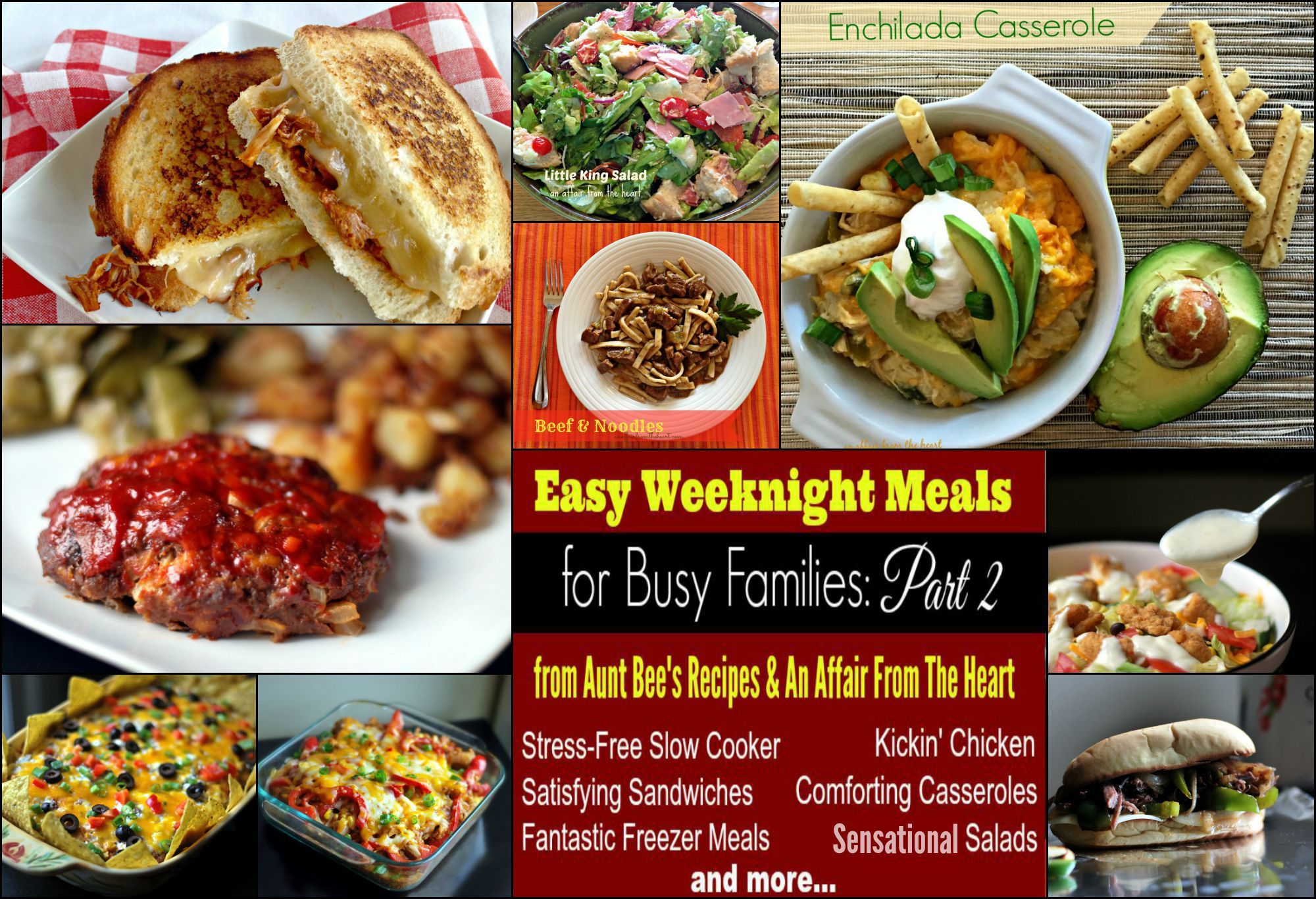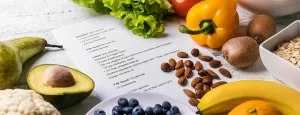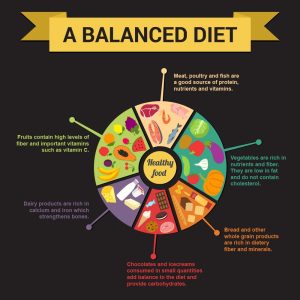
The Benefits of Cooking in Bulk
Cooking in bulk is a great way to save time and effort in the kitchen. By preparing larger quantities of food at once, you can have meals ready for several days, reducing the need for daily cooking. This not only saves time but also allows you to plan your meals more efficiently, saving money on groceries and reducing food waste. Here are some strategies to help you get started with cooking in bulk.
Plan Ahead
Before diving into bulk cooking, it is essential to plan your meals in advance. Take some time to decide on the dishes you want to prepare and make a detailed shopping list. This will help you stay organized, ensure you have all the necessary ingredients, and prevent last-minute trips to the grocery store.
Invest in Storage Containers
Having appropriate storage containers is crucial when it comes to cooking in bulk. Look for airtight containers that are freezer-safe and stackable. Mason jars, plastic containers with tight-fitting lids, and reusable silicone bags are excellent options for storing different types of food. Having a good selection of containers allows you to portion out your meals and freeze them conveniently.
Choose Freezer-Friendly Recipes
Not all recipes are suitable for bulk cooking. Consider selecting recipes that freeze well without compromising taste and texture. Soups, stews, casseroles, and pasta sauces are excellent options as they retain their flavors and consistency even after being frozen and reheated. Ensure that you follow proper storage techniques to maintain optimal quality.
Prepare Ingredients in Advance
To streamline the bulk cooking process, take time to prepare your ingredients in advance. Chop vegetables, measure out spices, and marinate meats prior to the cooking day. This way, when it is time to start cooking, you can simply combine the prepped ingredients, cutting down on preparation time significantly.
Make Use of One-Pot and Slow Cooker Recipes
One-pot meals and slow cooker recipes are your best friends when it comes to bulk cooking. These recipes often require minimal effort, as you can throw all the ingredients into one pot or slow cooker and let time do the rest. Not only do they save time and energy, but they also allow flavors to meld together, resulting in delicious, fuss-free meals.
Label and Date Your Meals
When storing your cooked meals, it is essential to label each container with its contents and the date it was prepared. This makes it easier to keep track of what you have in your freezer and ensures that you consume meals before they lose quality. Use masking tape and a permanent marker or invest in reusable labels for easy identification.
Utilize Freezer-Friendly Packing Techniques
To maximize space in your freezer, utilize freezer-friendly packing techniques. This includes using vacuum-sealed bags, removing excess air from containers, and stacking items neatly. Invest in freezer baskets or organizers to keep your freezer organized and make it easier to find what you need when it's time to defrost and reheat your meals.
Rotate Your Meals
To avoid food waste, create a rotation system for your bulk-cooked meals. When adding newly prepared meals to the freezer, push the older ones to the front. This way, you will always be consuming meals in order of preparation, preventing any from sitting around for too long and risking spoilage.
Conclusion
Cooking in bulk and batch cooking can be a lifesaver for those with busy schedules or those looking to simplify their cooking routine. With proper planning, organization, and freezer-friendly recipes, you can enjoy easy and delicious meals throughout the week while minimizing time spent in the kitchen. So, why not embrace the strategy of bulk cooking and reap its time-saving benefits?

